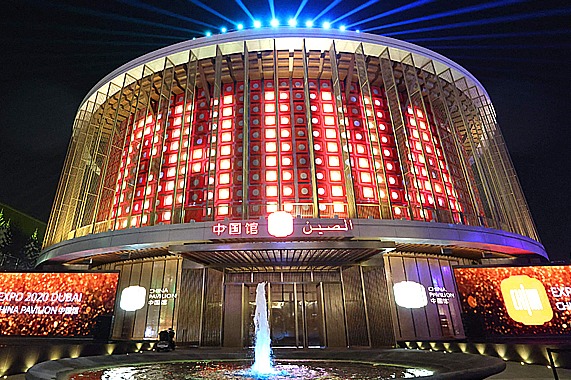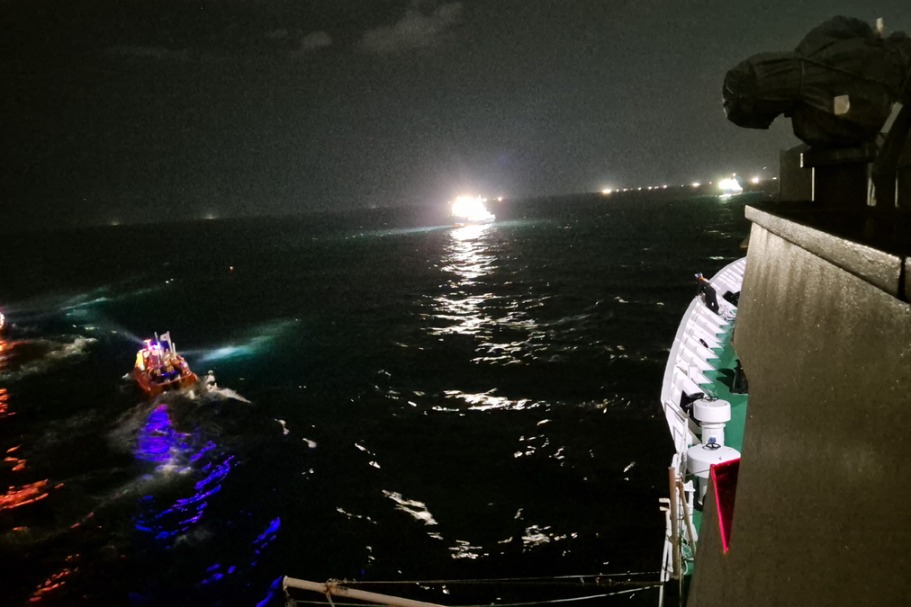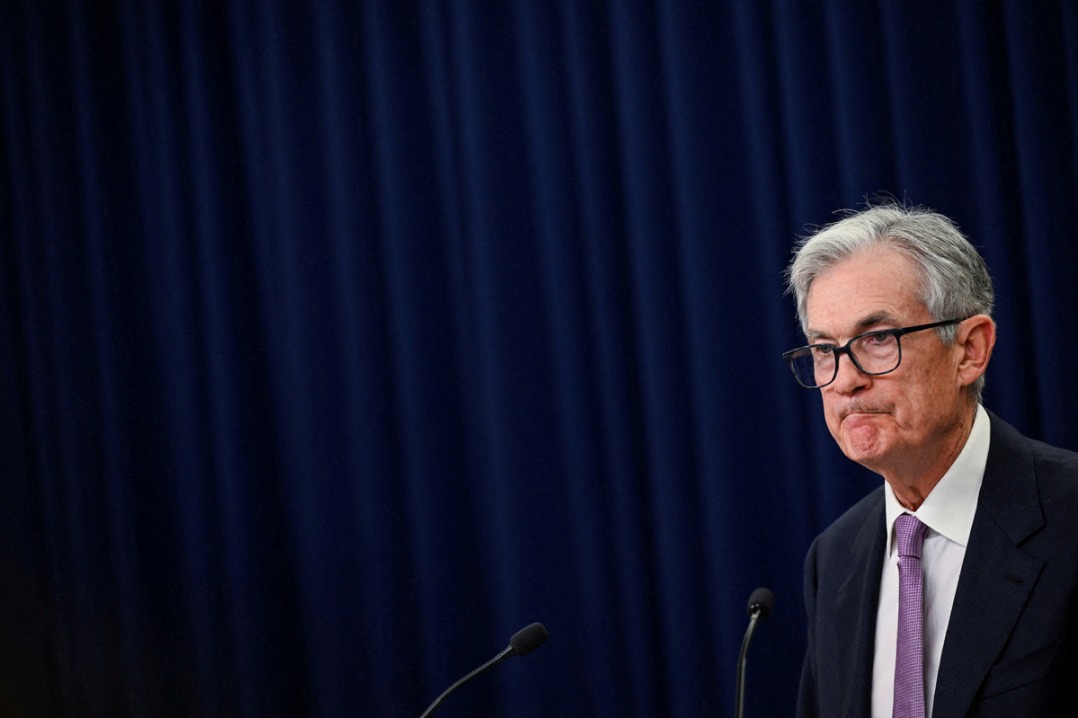S. Korea expresses regret over Japanese leaders' offering, visit to war-linked shrine

SEOUL - South Korea on Thursday expressed regret over Japanese leaders' offering and visit to the notorious war-linked Yasukuni Shrine, seen as a symbol of the militaristic and colonial past of Japan.
The Seoul foreign ministry said in a statement that the government expresses deep disappointment and regret over the fact that responsible leaders of Japan once again sent offering to and paid respect at the Yasukuni Shrine, which glorifies Japan's war of aggression and enshrines war criminals.
The ministry urged Japanese leaders to squarely face history and demonstrate through action their humble reflection and sincere remorse for Japan's past affairs, adding that it will become an important foundation for the development of future-oriented South Korea-Japan relations.
Japanese Prime Minister Fumio Kishida sent a ritual offering to the controversial Yasukuni Shrine on Thursday, as the country marked the 79th anniversary of Japan's surrender in World War II.
While Kishida has not visited the notorious shrine in person, several lawmakers from the ruling Liberal Democratic Party, including Shinjiro Koizumi, a former environment minister and son of former Prime Minister Junichiro Koizumi, on Thursday visited the shrine to pay homage.
The Yasukuni Shrine, located in central Tokyo, honors 14 convicted Class-A Japanese war criminals from World War II. It has long been a source of diplomatic friction for Japan and its neighbors.
Visits and ritual offerings made by Japanese officials to the controversial shrine have consistently sparked criticism and hurt the feelings of the people of China, South Korea and other countries brutalized by Japan during the war.

































